Morocco captivates travelers worldwide from the bustling streets of The Medina Of Marrakech to the golden dunes of the Sahara Desert. For many visitors, safety is among the most important questions before planning a trip. This guide provides clear, practical tips to help international travelers feel secure while exploring Morocco.
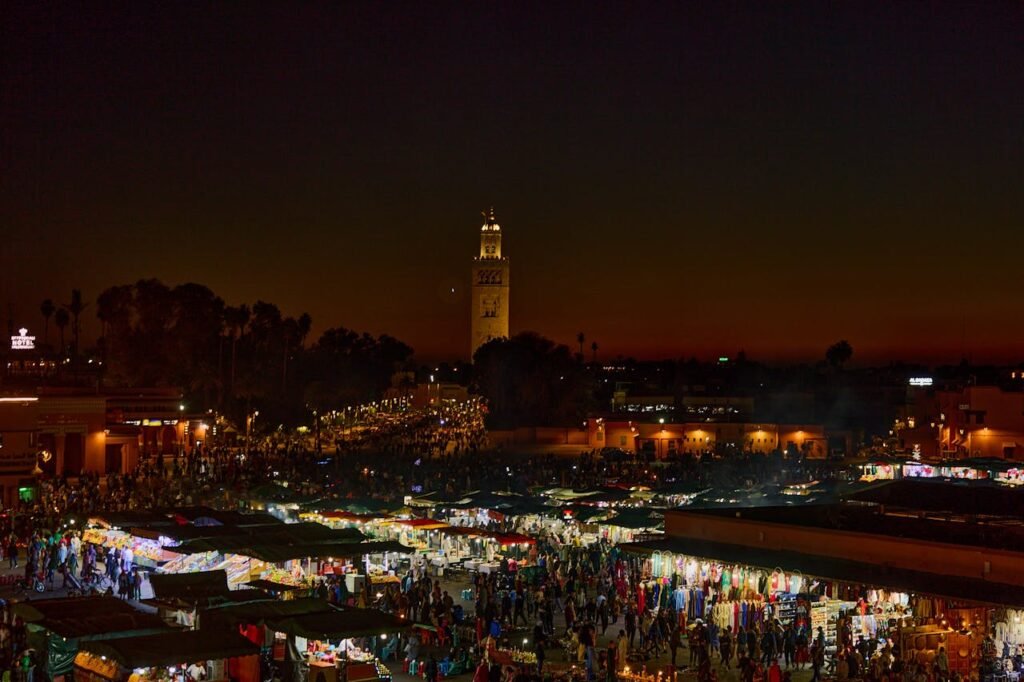
General Safety Situation in Morocco
Morocco is generally a safe country to visit. Millions of tourists arrive every year and enjoy their trips without major issues. According to the 2025 Numbeo Safety Index, Morocco scored 52.5, ranking ahead of countries like Sweden, France, the United Kingdom, and even the United States in terms of safety.
Is Morocco Safe from Terrorism?
While Morocco experienced some terrorist incidents in the past, the last major attack occurred in 2018, when two Scandinavian tourists were tragically killed while camping in a remote mountain area near Imlil. They were camping without a guide or security presence in an isolated region, which made them vulnerable.
Thanks to counter terrorism measures adopted since 2003, the Global Terrorism Index 2025 classifies Morocco as having no impact from terrorism. Visitors can travel with confidence, but it is strongly recommended to avoid camping alone in remote, unguarded areas.
Are There Protests in Morocco?
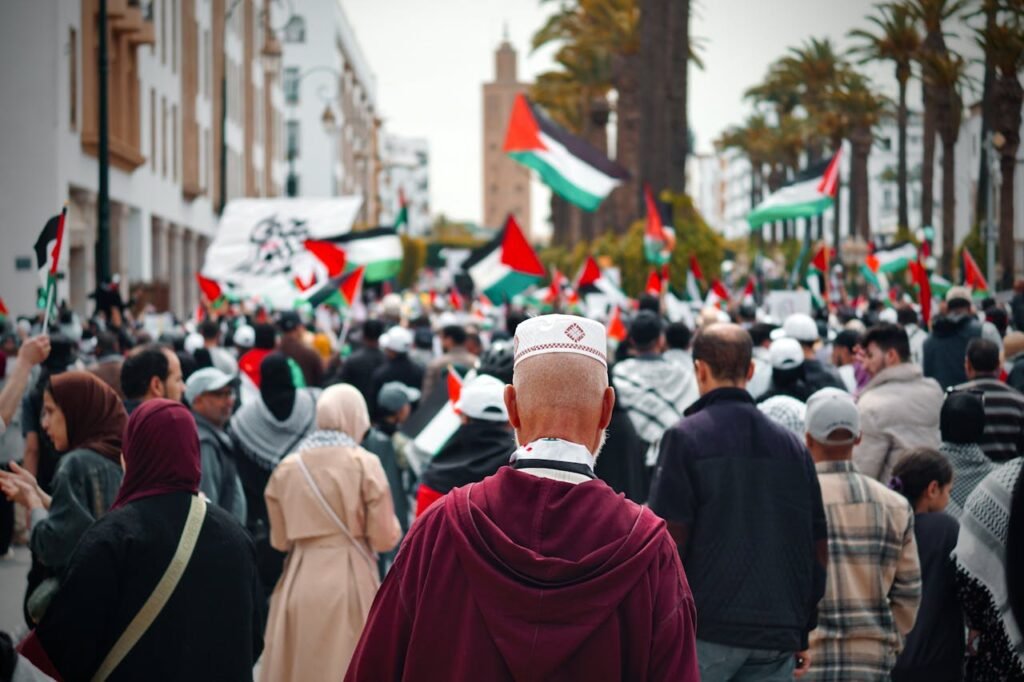
Yes, protests do take place in Moroccan cities, but they are generally peaceful for visitors. Recently, for example, many citizens have gathered in solidarity with Palestine. Demonstrations are usually safe, but occasionally police may intervene to disperse them. For extra caution, travelers should avoid walking directly into large gatherings.
General Safety Tips
Beware of Pickpocketing
Like in many countries, petty theft can happen. Pickpocketing is more likely in crowded places such as markets, public transport, or festivals. Tourist areas are usually well-patrolled by police, but in non-tourist neighborhoods, keep your belongings secure and avoid carrying valuables.
Women and Solo Travelers
Thousands of women and solo travelers visit Morocco safely each year. However, street harassment can occasionally occur, especially outside tourist zones or in traditional markets. You may encounter men asking for your phone number or trying to strike up unwanted conversations.
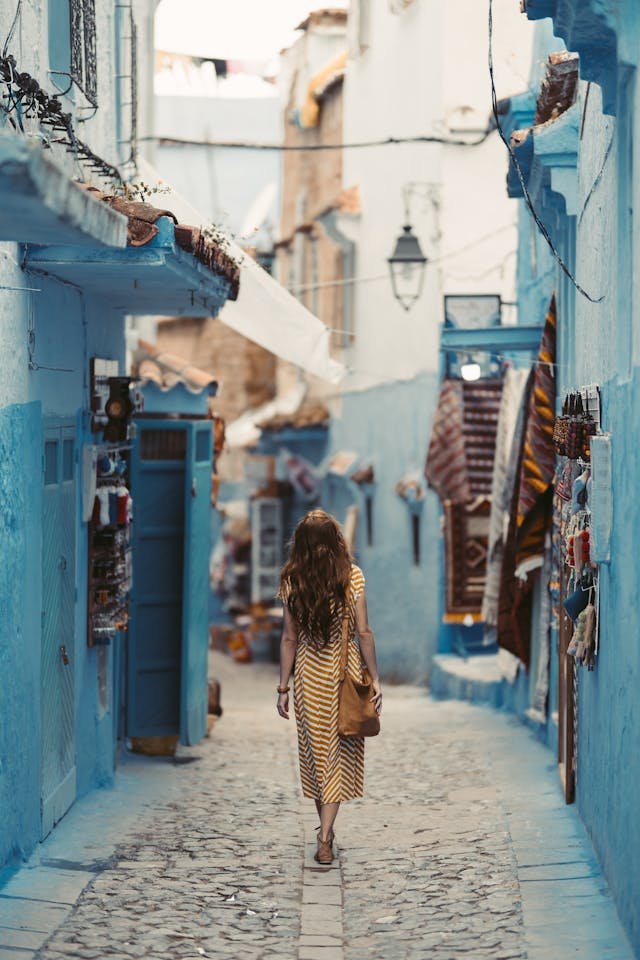
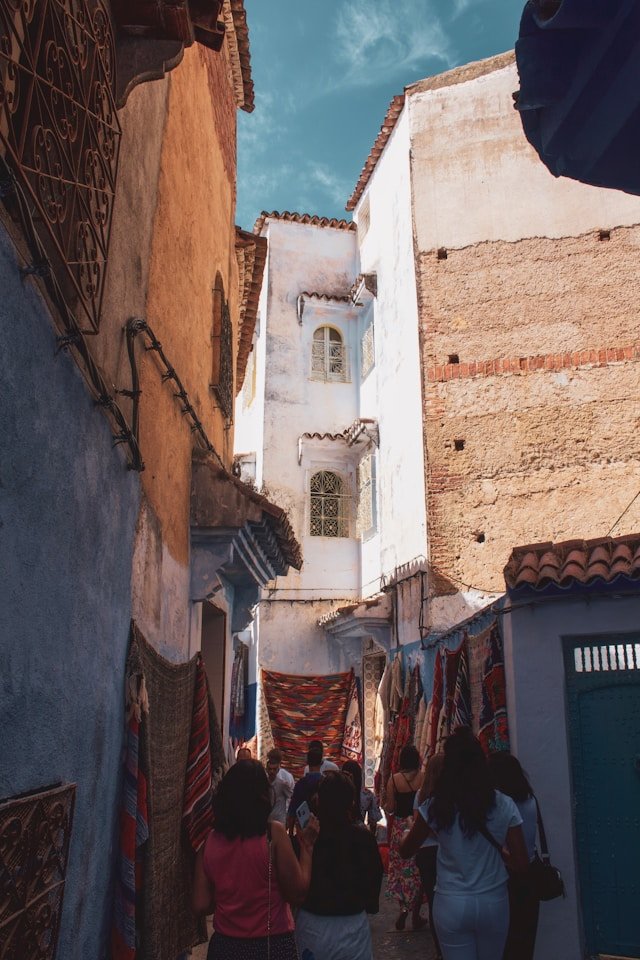
Tips for women traveling alone:
- Join group tours or guided experiences.
- Dress modestly, especially in traditional areas, to feel more comfortable.
- Stay in reputable accommodations that can offer local advice.
Transportation and Getting Around
Public transportation in Morocco is widely used by locals and visitors. Trains, buses, and taxis are common and generally safe. Inside trains, passengers can also contact onboard security staff in case of any issue. If you face a problem elsewhere, you can approach nearby police officers. Outside cities, Royal Gendarmerie patrols regularly monitor highways and rural roads. In Casablanca and Rabat, the tramway is a clean, affordable, and safe option for getting around.
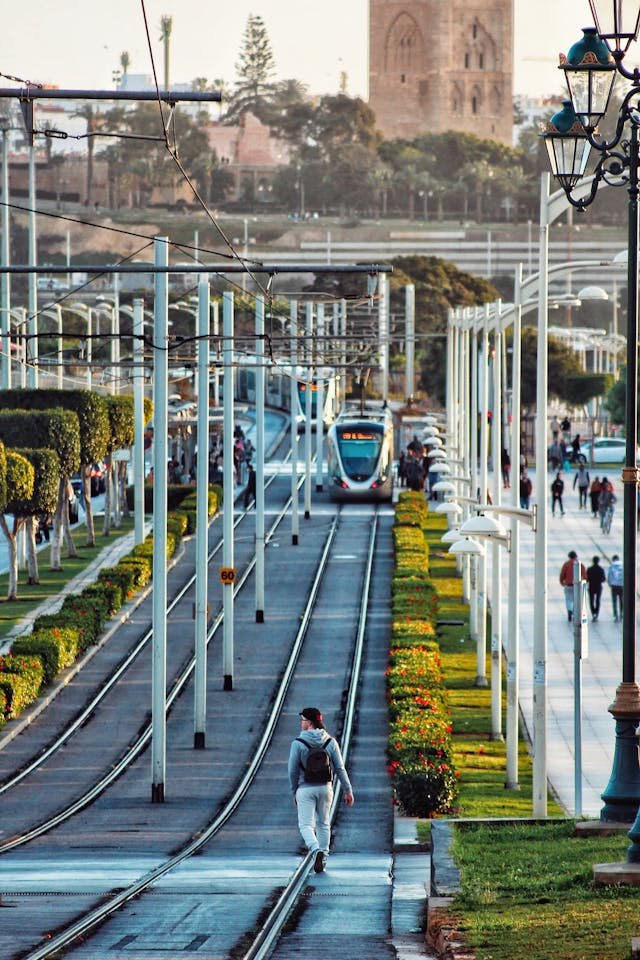
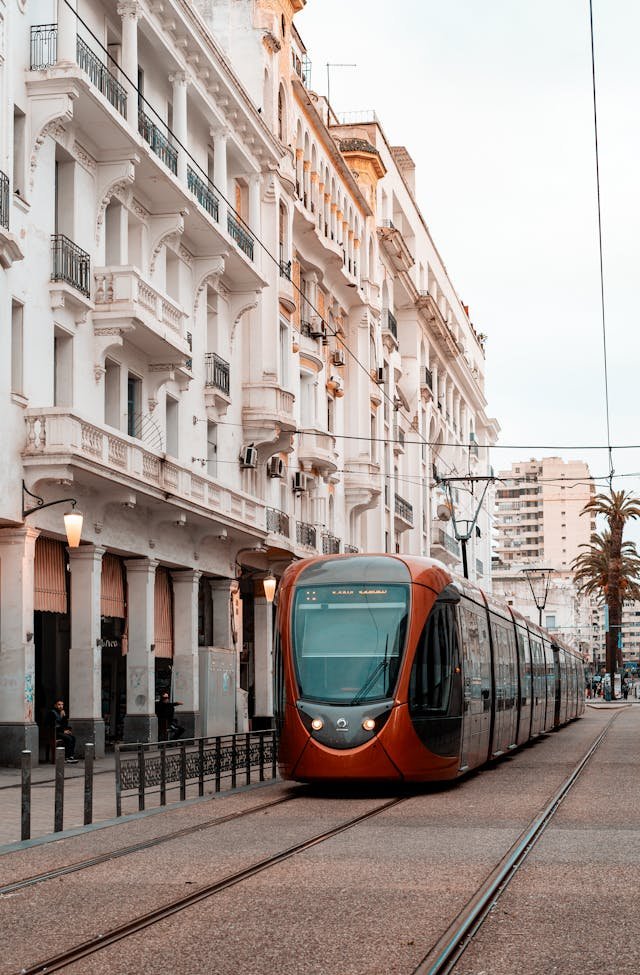
Emergency Numbers in Morocco
- Police (in cities): 19
- Royal Gendarmerie (outside cities): 177
- Ambulance & Medical Emergency: 15
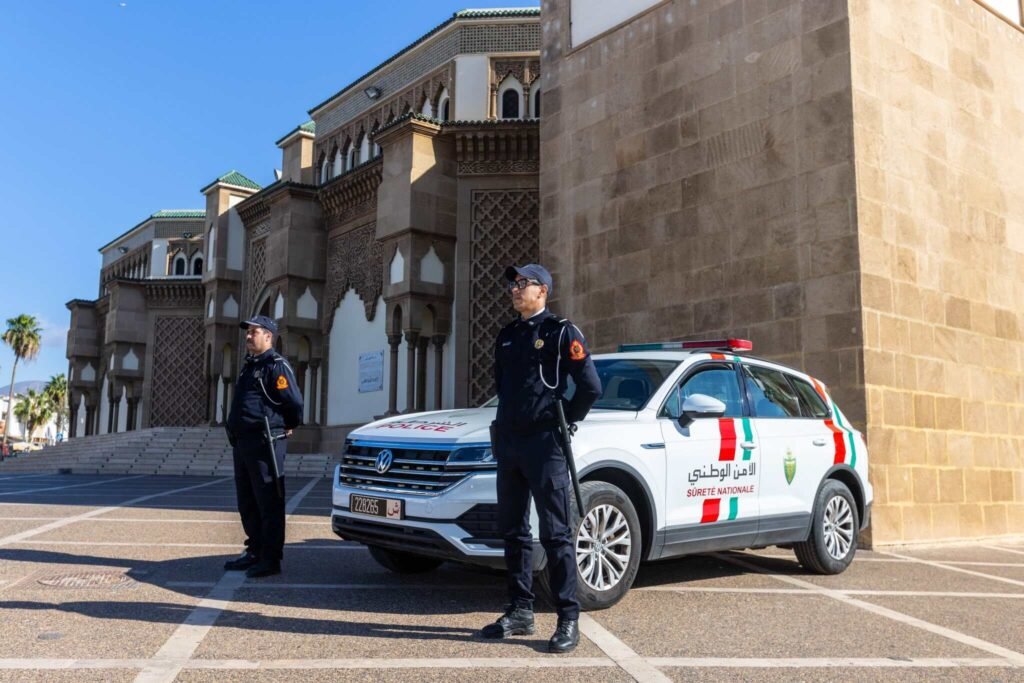
These hotlines are free and available 24/7. In case of theft or loss (e.g., passport), file a report at the nearest police or gendarmerie station before contacting your embassy or consulate. Hotels can also assist you in contacting local authorities.
For U.S. citizens, enrolling in the Smart Traveler Enrollment Program (STEP) is recommended, as it allows the embassy to contact you in emergencies.
Morocco offers international visitors a safe and rewarding travel experience. With its stable environment, welcoming communities, and strong security presence, travelers can enjoy the country with peace of mind. By staying informed, choosing trusted services, and following simple safety tips, visitors can fully experience the magic of Morocco.
